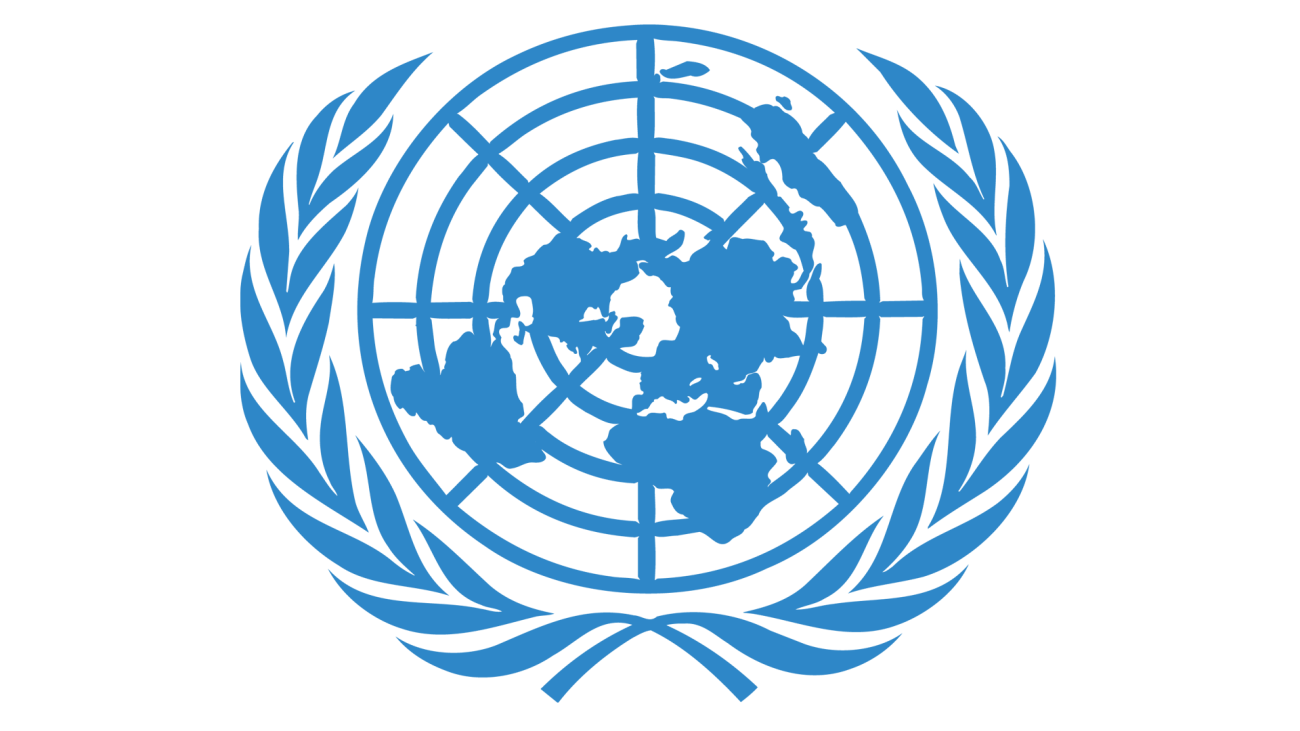Stop the fighting, combine forces against a common enemy - COVID-19

On Monday April 20 my colleague Ko Pyae Sone Win Maung lost his life as he was conducting a humanitarian mission.
On Monday April 20 my colleague Ko Pyae Sone Win Maung lost his life as he was conducting a humanitarian mission, and the marked United Nations (UN) vehicle he was driving came under fire in Minbya township in Rakhine State. His passenger, an official from the Ministry of Health and Sports, was seriously wounded and we wish him a speedy and full recovery. We have been touched by the outpouring of sympathy expressed by the government, member states of the UN, development and humanitarian partners in Myanmar, and beyond. Secretary-General António Guterres in a statement has condemned the attack and called for those responsible to be brought to justice.
Sadly, Ko Pyae Sone Win Maung will not be the last to die in the conflict that is ravaging Rakhine and southern Chin states. Nor is he even the most recent. According to local sources, hundreds of civilians, including large numbers of children, have been killed or injured since the beginning of the year. The conflict also continues to damage and destroy civilian structures. The government reports that more than 76,000 people have been internally displaced by the current fighting - on top of the more than 130,000 internally displaced persons in camps since 2012 and the estimated one million others who have fled from Rakhine State for other reasons.
Unfortunately, conflict persists in many parts of Myanmar. On any day, it brings misery to the people who live in the affected areas. It cuts the most vulnerable off from life-saving humanitarian assistance. It robs them, many of whom are the furthest behind in access to services, from development opportunities and pathways out of poverty. And now, like all in Myanmar, they are faced with a new threat, the novel coronavirus disease, or COVID-19 for the year when it was first detected, that is affecting the world around us and has also arrived in Myanmar.
At the time of writing, more than 140 cases of COVID-19 have been detected with the number increasing on a daily basis. We have seen in other countries how rapidly the virus can spread, the devastating impact it has on many of those affected, particularly the elderly and those with preconditions that make them more vulnerable as well as its negative impact on the national economy. We have learned how critical it is to reach everybody with information on the virus and what they can do to protect themselves. And we know how important it is to strengthen the capacity of the public health sector, including robust measures to rapidly detect and track any local transmission.
The mission Ko Pyae Sone Win Maung was on when he was killed was carrying COVID-19 sample swabs from Sittwe to be analysed at the National Health Laboratory in Yangon, as part of our support to the national response to the pandemic. We work closely with the Ministry of Health and Sports as well as other parts of government involved. Recently we delivered 20,000 COVID-19 test kits to the National Health Laboratory with 30,000 more due to arrive. We have developed a Country Preparedness and Response Plan costed at more than US$200 million in support of the public health response, and we are working with bilateral partners and financial institutions to mobilise the necessary resources. We are adjusting our humanitarian plans and seeking an additional US$45 million from donors to strengthen the humanitarian response in the face of the pandemic.
However, continued conflict is a major impediment in the fight against COVID-19. On March 23, the UN Secretary-General called for a global ceasefire to focus on the “true fight of our lives”. He urged warring parties across the world to lay down their weapons in support of the bigger battle against COVID-19 - “the common enemy that is now threatening all of humankind”. COVID-19 does not care about nationality or ethnicity, past grievances or other differences between people. We have seen how it attacks all, relentlessly.
In Myanmar, the virus has only begun to spread. The government’s rapidly accelerating response under the leadership of the State Counsellor and with the support of many partners still has a chance to curtail the pandemic. Continued conflict may thwart these efforts. Therefore, in the interest of all people and the nation; heed the Secretary-General’s call for a ceasefire. Come together in the fight against a common enemy; COVID-19, and once this battle has been won continue to seek peaceful means to resolve the conflicts that bring misery to so many and prevent them from sharing in the prosperity to which Myanmar aspires and has the full potential to achieve. The UN remains a committed partner in all of these endeavours.
“This op-ed was first published in the Myanmar Times on 27 April 2020".


